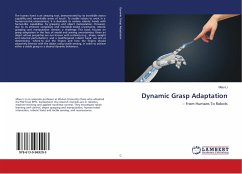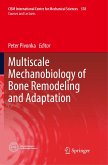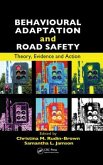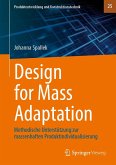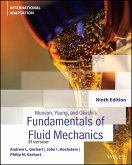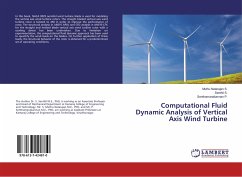The human hand is an amazing tool, demonstrated by its incredible motor capability and remarkable sense of touch. To enable robots to work in a human-centric environment, it is desirable to endow robotic hands with human-like capabilities for grasping and object manipulation. However, due to its inherent complexity and inevitable model uncertainty, robotic grasping and manipulation remains a challenge. This book focuses on grasp adaptation in the face of model and sensing uncertainties: Given an object whose properties are not known with certainty (e.g., shape, weight and external perturbation), and a multifingered robotic hand, we aim at determining where to put the fingers and how the fingers should adaptively interact with the object using tactile sensing, in order to achieve either a stable grasp or a desired dynamic behaviour.
Bitte wählen Sie Ihr Anliegen aus.
Rechnungen
Retourenschein anfordern
Bestellstatus
Storno

